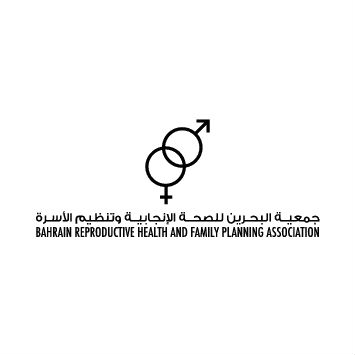

| 31 March 2016
Bahrain Reproductive Health Association
The Bahrain Reproductive Health Association (BRHA) is a public association, but does not provide any clinical services. It was established on 1975, by a group of Bahraini youth to serve the Bahrain community with commitment and accountability towards national and human responsibility. Through voluntary trained and specialized personnel, SRH targets include: Increase awareness and knowledge about reproductive health and the importance of family planning as a human need for the community. Increase women's knowledge about their reproductive rights, and enable them to practice their rights and make their own decisions. Increase men's responsibility and participation in reproductive health issues. Prepare youth for parenthood responsibilities, and improve care provided to adolescents. Communicate with decision makers and community leaders to support positive attitude towards reproductive health. These are achieved by the following: Increase awareness about reproductive health among the community through seminars, lectures, leaflets and educational articles. Train volunteers to become specialists in reproductive health and family planning. Provide reproductive health counselling through the counselling centre in the association. Increase cooperation and coordination with governmental authorities, associations, social clubs and different media facilities to promote reproductive health. Increase cooperation and coordination with all agents concerned in combating and preventing HIV.

| 31 March 2016
Fianakaviana Sambatra, Madagascar
Relative to much of Africa, Madagascar has high levels of contraceptive use, but high birth rates coupled with endemic poverty and limited government-led sexual and reproductive health (SRH) provision mean that child mortality and maternal death figures are high. Fianakaviana Sambatra (FISA) has been fighting since 1967 to improve the nation’s SRH through advocacy, education and direct service provision. Currently, it runs 67 service points, including: 11 permanent clinics, 3 mobile units and 12 community-based services (CBSs), across 6 of the country’s regions. FISA works with 5 associated clinics and 29 private practitioners. FISA has 70 full-time staff, 184 peer educators, and a youth action movement made up of 42 members. FISA delivers a wide range of services: family planning, prevention and management of HIV and the provision and dissemination of comprehensive SRH materials. FISA has used its on-the-ground experience to advise government on national SRH policy. It has partnered with the Ministry of Health, Family Planning and Social Protection, and the Ministry of Youth to advocate for a concerted approach to resolving the critical SRH issues currently facing the country. At the same time, it works with non-governmental organizations (NGOs) such as Marie Stopes International, and the ASSONG coalition of NGOs. FISA receives financial support from UNFPA, the Big Lottery Fund, Amélioration de la Qualité De Services, the EU and IPPF’s Japan Trust Fund. It’s also closely connected to other organizations promoting SRH rights across the country and the region.







